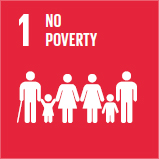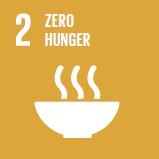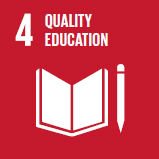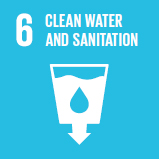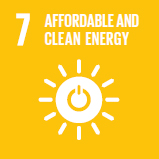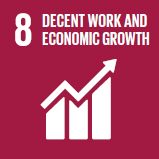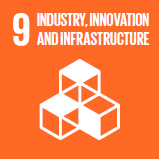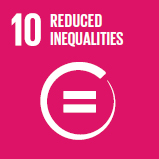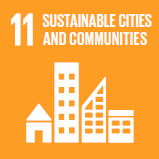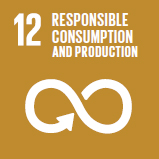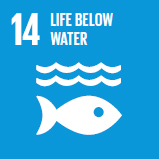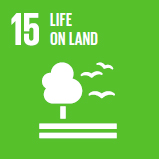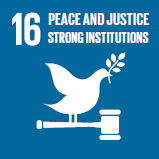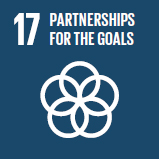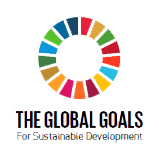- Home
- /
- Annual Sustainability Report 2021-2022
- /
- EfS Progress
EfS progress
Our sustainability learning strategy
Many universities have started on an Education for Sustainability (EfS) journey to integrate sustainability into courses. Often they map single issues in the course content and link them to a UN Sustainable Development Goal.
Our Education for Sustainability (EfS) approach sets the bar higher – we want to provide joined-up learning and build skills for change. And we want all our students to experience this learning – so we are designing this joined-up approach into all course areas, supported by assessments.
Measuring sustainability learning
Over several years we have gradually built capacity and invested in innovative practice led by our academic course teams, supported with our Learning Innovation for Tomorrow (LIFT) programme.
For our third sustainability strategy, we wanted a meaningful snapshot of progress across the course portfolio, to create a baseline for our next steps.
EfS is still quite new to higher education and has appeared in specialist courses and in some subject areas. But no standards have been developed yet that can look across different subjects in a university to see the real sustainability learning taking place.
Using our EfS experience, and insights from research, we worked with students and academics to develop a pioneering approach to measuring the breadth, depth and quality of sustainability learning, that can be used across different courses.
QAA-funded student co-producers project
In 2022 we won funding from the UK Quality Assurance Agency, to develop this EfS measurement method with 2 other universities as partners and students as paid co-creators in the project team.
Students Driving Curriculum Quality for Sustainability takes the next step in empowering students, involving them more deeply in rating courses and developing these principles. We will share the project story and findings in our next sustainability report!
EfS stocktake and targets
In 2021 we carried out an EfS stocktake, overseen by our academic leads for each subject cluster. This rated 100% of our undergraduate and postgraduate taught programmes, finding clear-cut EfS learning elements are already designed into 67.5% of our courses.
This mapped the 67.5% of our portfolio that has reached one of 3 quality mark levels – Bronze, Silver, or Gold – for how EfS is integrated. These levels reward aspects such as reaching all students equally in compulsory course elements, not just the options, and for ‘triple bottom line’ learning that doesn’t teach issues in silos but connects the dots on social, economic and environmental pillars of sustainability.
From this baseline, our current strategy goal is for all our courses to have an authentic EfS experience – we aim to embed EfS into 100% of our portfolio by 2027 and to raise the quality levels overall, compared to our 2021 position.
The image below shows our aim for 100% by 2027, and the improvements we are targeting across the quality levels, compared with our 2021 baselines:
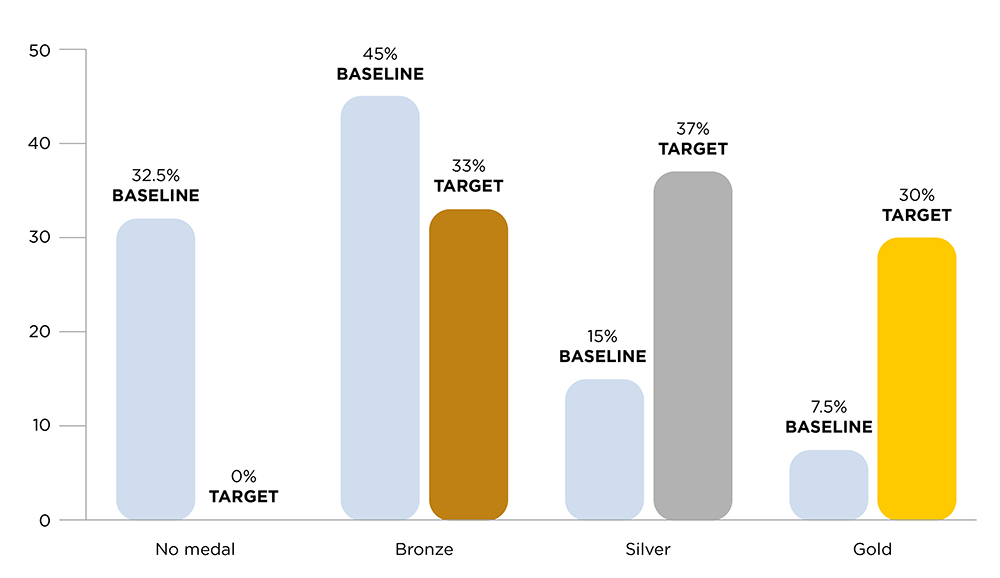
Reporting on the UN Global Goals
This report meets our annual reporting commitments on the Sustainable Development Goals (SDGs) as an institutional signatory to the tertiary sector SDG Accord.
Throughout this annual report, we record how the actions and results shown in this report contribute to the delivery of the UN SDGs. The actions on this page contribute to the specific goals marked below. For more information click here.

